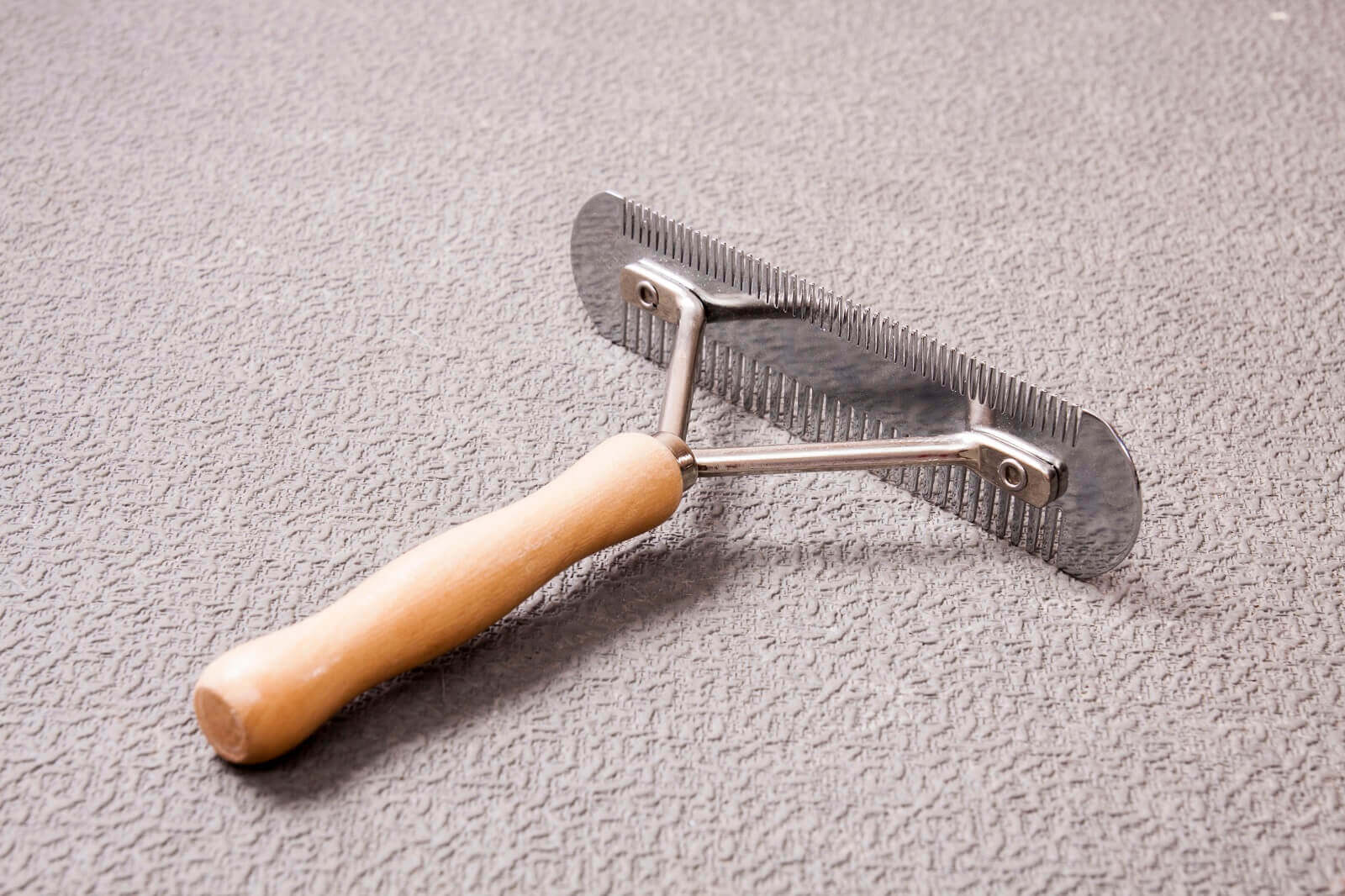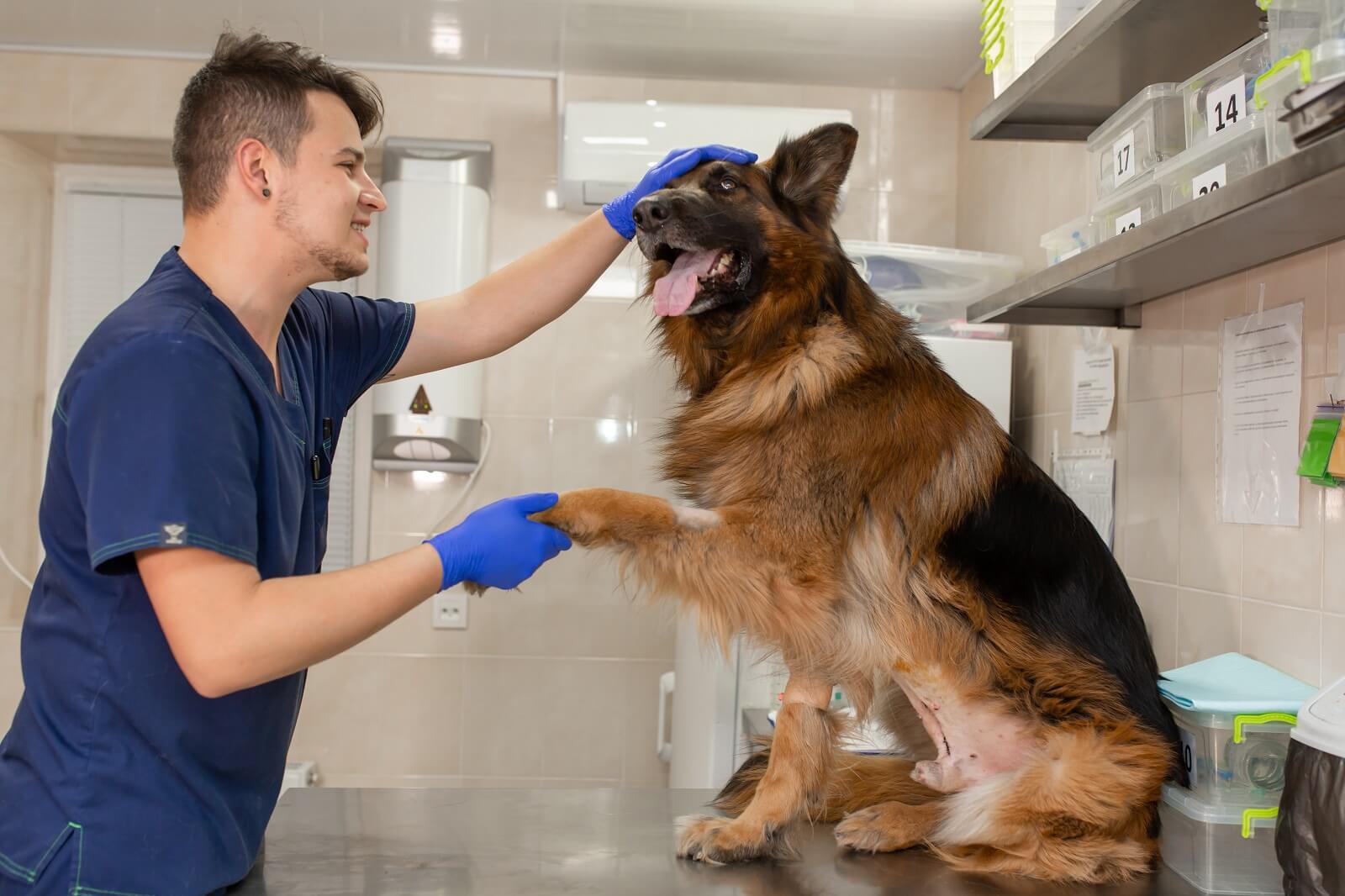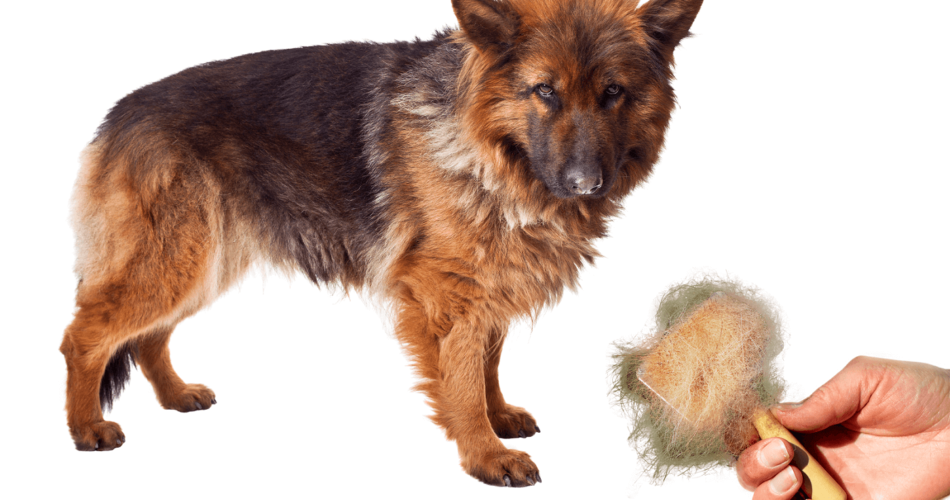Shedding is something all dogs do. At some point in their lives, dogs shed some of their fur. This could be natural or caused by other factors. Many dogs don’t shed so much fur, but as a dog owner, you have to be prepared for all that comes with your dog, including shedding.
German Shepherd Dogs (GSDs) are really smart and agile. Many people love those things about them. But what about their shedding? Do German Shepherds shed? Do they shed a lot? How do you deal with a German Shepherd that’s shedding? How long do German Shepherds shed?
We understand you may have questions, and we’ve written this article that would definitely help you out with your dog.
Do German Shepherds Shed Hair?
The short answer is yes. German Shepherds shed a lot of hair. In fact, German shepherds are considered heavy shedders. They are even jokingly referred to as “German Shedders” because of how much hair they shed. Their shedding happens throughout the year.
So, if you’re considering adopting one to live with you, you need to know what you will be dealing with . Of course, the rate of shedding varies among the same breed, but you should be prepared.

Why Do German Shepherds Shed So Much Hair?
Here are some of the reasons why your German Shepherd might be shedding so much hair;
- Double Coat: Like other breeds such as the huskies, German Shepherds have a double coat. This is a soft wooly undercoat, and thin long protective hairs. Also, the coat serves as a defense against disease, injury, and infection. So, if you’re thinking of shaving your dog because you can’t keep up, just don’t do it.
- Regular shedding: There are two phases of shedding you need to be aware of as a German Shepherd owner. The first is called regular shedding. GSDs do this throughout most of the year, and they could shed a lot of hair. The new hair grows out to replace the old one. For a person, it may seem like the dog is shedding a lot, but it basically has the same amount of hair.
- Seasonal Shedding: The second, the seasonal shedding, is the one most people observe easily, but it doesn’t last long. This happens when the dog molts his undercoat as it gets ready for the season change. This typically occurs in spring and fall for 2-4 weeks and is a massive shedding.
- Health issues: while shedding is a natural occurrence, factors like stress, dehydration, poor diet, irritation, or skin allergy affect the rate of shedding. If you notice or think your dog is shedding unnaturally, contact your vet as soon as possible.
Whichever kind of shedding your dog is experiencing, you are sure to notice loose fur all-around your home if you bring the dog inside.
How To Reduce Shedding?
We may not be able to entirely halt the shedding process in German Shepherds because it’s their nature, but here are some ways you could reduce the level:
Diet Change:
Cheap or unhealthy dog food is largely made of ingredients that GSDs have a hard time digesting, and it is one of the main reasons they shed so badly. A healthy diet is one sure way to reduce shedding. The right way to go is feeding your dog meals that have meat as the main ingredient, or you can opt for a raw healthy diet. A healthy diet also affects many other aspects of the dog’s overall health. Before changing your dog’s diet, consult your vet, and do it gradually. Also, as a GSD owner, you must keep in mind that the shedding will never go away.
Add Oil:
Adding olive or flaxseed oil to your German Shepherd’s food will improve the coat texture and calm inflamed skin. This is because the oils are rich in omega-3 fatty acids. There are also omega-3 supplements for dogs available. Finally, you can boost your German Shepherd’s omega-3 levels by feeding it tuna, salmon, and some other omega-3 rich fishes.
Keep your dog hydrated:
It should come as no surprise that dehydration is really bad for dogs. Dehydrated dogs can experience increased shedding and even sickness.
Share human food:
Dogs are originally carnivores and they have different nutritional needs compared to humans. However, they can still benefit from our healthy meals. Vegetables, fruits, and lean meats which are all moisture-rich, keep dogs hydrated and their skin in good shape. In doing this, make sure that you moderate the meals and confirm that there’s nothing in the meal that is harmful to your dog.
Regular Grooming:
Grooming your GSD’s coat regularly removes excess and loose fur. Always use the right-sized rake when you do this, avoid too many showers or human shampoos because your dog’s skin might turn out dry.
De-shed:
Before your dog’s winter coat fall off as spring approaches, you should de-shed your dog. Also, when the winter coat starts to grow in the fall, do so again. This is much easier than vacuuming your home all the time.

FAQs
- How much do German Shepherds shed? Depending on the health of your dog, the season, and other factors like diet, the amount of shedding varies.
- When do German Shepherds shed the most? GSDs shed the most during summertime, and it reduces when winter approaches.
- Do white German shepherds shed a lot? Yes, they do. However, their wavy outer coat makes it hard to tell sometimes.
- How long do German Shepherds shed? GSDs shed all year long, but their seasonal shedding lasts for 2-4 weeks.
- Do long-haired German shepherds shed? Yes, they also shed.
- How often do German shepherds shed? Apart from the regular shedding throughout the year, GSDs also shed as seasons change
- Do short-haired German Shepherds shed? Yes, they do, but it might be less than other GSDs.
Conclusion
German shepherds do shed a lot of hair all year long. This is because of their double coat. While this cannot be entirely stopped or reduced to a certain level, there are a couple of things we mentioned in the article that would help you minimize the rate of shedding.
For instance, your dog needs to stay hydrated all the time, because that could be a reason for shedding.
Asides from the shedding, GSDs are incredibly outstanding dogs that are fun to live with. So you should be sure you can handle the responsibility before you adopt one.

